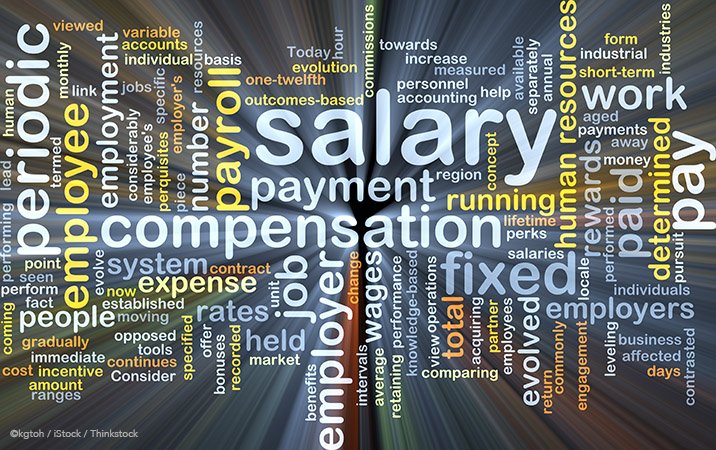Many pundits claim that labor market regulations such as the Affordable Care Act and an increased minimum wage have slowed the recovery from the 2007-09 recession. The idea is that these recent regulations have increased labor costs and, as a result, employers have been reluctant to hire workers.
In their article “Have Labor Costs Affected the Recovery?” authors B. Ravikumar and Lin Shao compared labor costs after the 2007-09 recession with labor costs after the 2001 recession. They found that, after the 2001 recession, labor costs per hour rose approximately 5 percent; but, after the 2007-09 recession, these costs remained essentially flat.
The growth in labor costs was also less after the 2007-09 recession. From 1990 to 2007, labor costs per hour grew an average 1.52 percent per year and labor cost per employed person grew an average 1.22 percent per year. Despite high-profile regulations, labor costs have actually grown more slowly since 2009.
Not only were costs subdued, but employment was more robust: Total hours worked and total employed persons were higher after the recent recession. Total hours worked recovered particularly well: Twenty quarters into recovery, total hours worked were 8 percent higher after the 2007-09 recession but only 5 percent higher after the 2001 recession.
The aggregate data cast doubt on the claim that an increase in labor costs due to labor market regulations has been the reason for the slow recovery from the 2007-09 recession.
